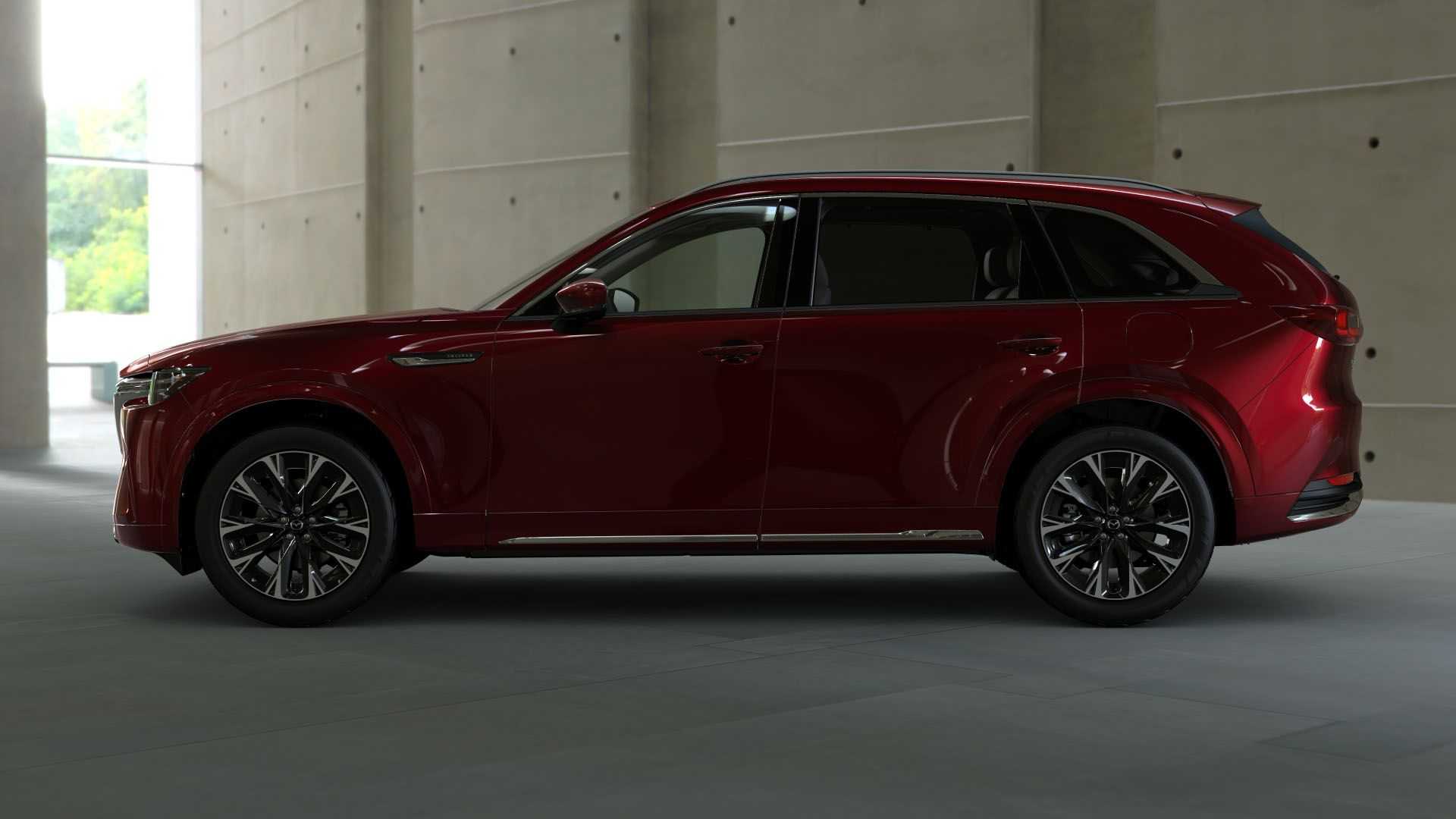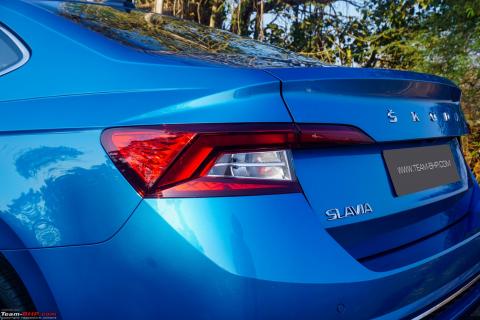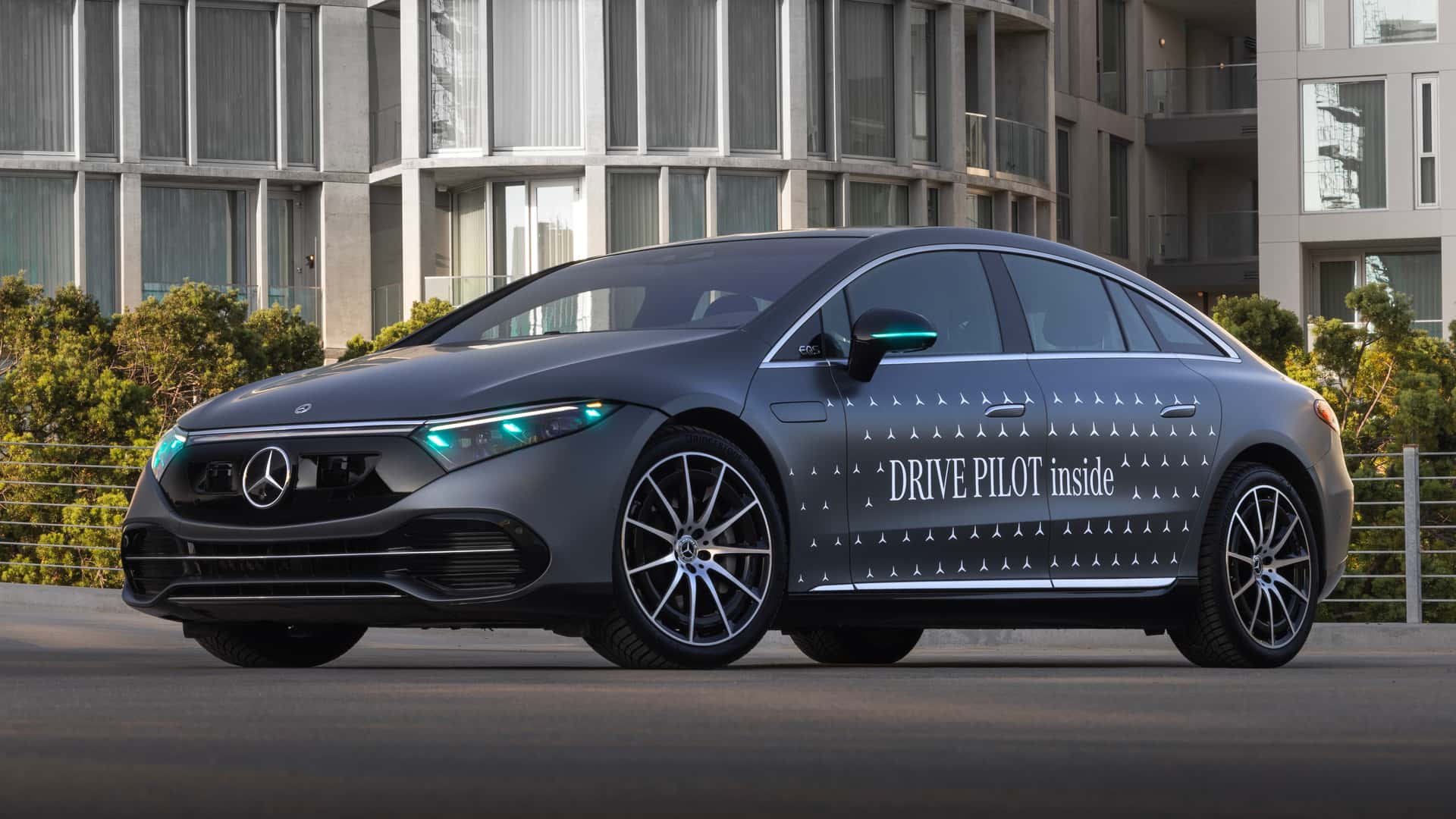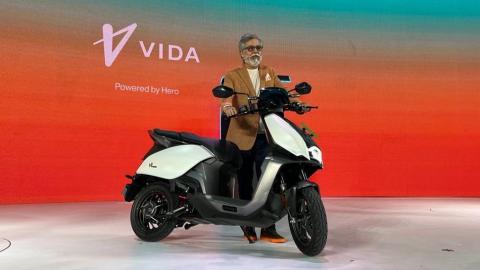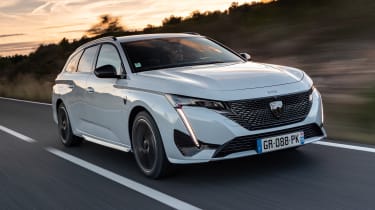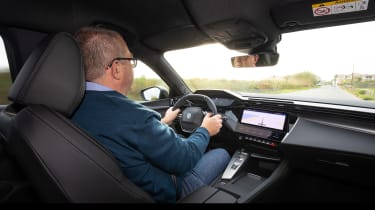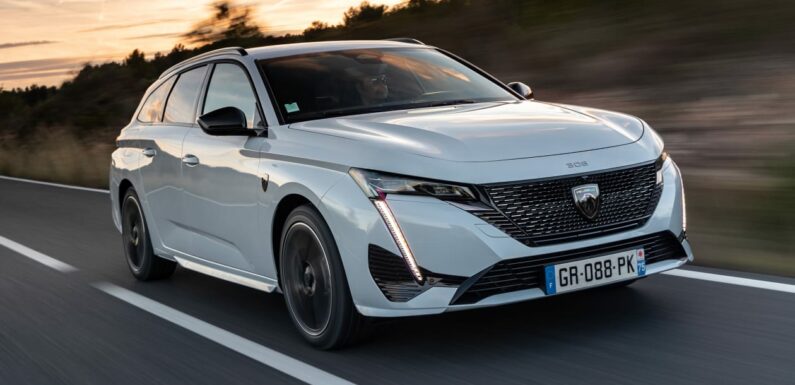
Peugeot has entered the electric estate car market with the E-308 SW, and made a very good fist of it
4.0 out of 5
How we review carsFind your Peugeot 308Offers from our trusted partners on this car and its predecessors…
Performance is brisk rather than rapid, for as with other Stellantis models, the more powerful motor actually defaults back to the previous output, around 134bhp, when you’re in the E-308 SW’s normal mode. To get the full punch you’ll need to flick the car into Sport – and even if you do this, there’s a slight delay between standing on the throttle pedal and the system delivering that traditional EV shove. It’s far from a deal breaker – if anything, it makes the E-308 SW feel a little more like a combustion-engined car, which may well have been the intention – but it does mean that, even in its most potent configuration, the powertrain responds better to a smooth approach than genuine commitment.
There’s a revised range structure for the E-308 SW. It starts with Allure, which brings 18-inch alloy wheels, heated front seats and steering wheel, a reversing camera and Peugeot’s double-screen infotainment and instrument display. Step up to GT and you’ll add matrix-LED headlights, sports seats finished in Alcantara, exterior-styling flourishes and a fancier dashboard incorporating a projection-based 3D display.
It’s that version we’re trying here, and while it all still feels decently premium inside – with Stellantis’s trademark piano-black finish moved to areas where you won’t touch it – and inevitably scratch it – we’re not sure we’d spend the extra cash on the additional tech. The 3D display is at best a gimmick, with information overlaid in a semi-transparent fashion, on top of the regular info. It smacks of two elements trying to do a job that a single, less fussy interface could manage by itself.
There are physical shortcut buttons on the dashboard, positioned beneath a smaller touch panel where you’re able to place widgets or shortcuts to commonly requested features, such as heating or ventilation. It’s still not quite as good as having a regular switch or dial for temperature and fan speed, but it’s a move back in the right direction compared with Peugeot’s recent efforts in this area. The interface on the screen itself is clear enough, although we’d suggest the animated transitions between screens are there to disguise lag; they certainly don’t enhance usability.
The rear cabin has generous amounts of knee and leg room, but taller passengers may find that the rakish roofline makes it tricky to get in and out without clipping the header rail. The boot capacity is 548 litres, the same as in the hybrid 308 SW, rising to 1,574 litres if you lower the rear seats. There’s a low lip, making it easy to lug heavy items into the loadspace, and while there’s not much space beneath the floor, you could squeeze a charging cable under there to keep the boot floor clear for luggage.
Peugeot has yet to confirm definitive UK prices but the smart money suggests it will cost around £1,000 more than the equivalent E-308 hatchback, giving it a starting figure of around £41,000. And the GT tested here, without options, would cost you around £43,000. Finance deals will cushion the blow, of course, but in an era where manufacturers need to make EV motoring more affordable, these numbers still look punchy.
| Model: | Peugeot E-308 SW GT 54KWH 156 |
| Price: | £43,250 (est) |
| Powertrain: | 54kWh battery, 1x e-motor |
| Power/torque: | 154bhp/270Nm |
| Transmission: | Single-speed auto, front-wheel drive |
| 0-62mph: | 9.3 seconds (est.) |
| Top speed: | 93mph (est.) |
| Range: | Up to 248 miles (est.) |
| Charging: | 100kW (20-80% in 25min) |
Source: Read Full Article
